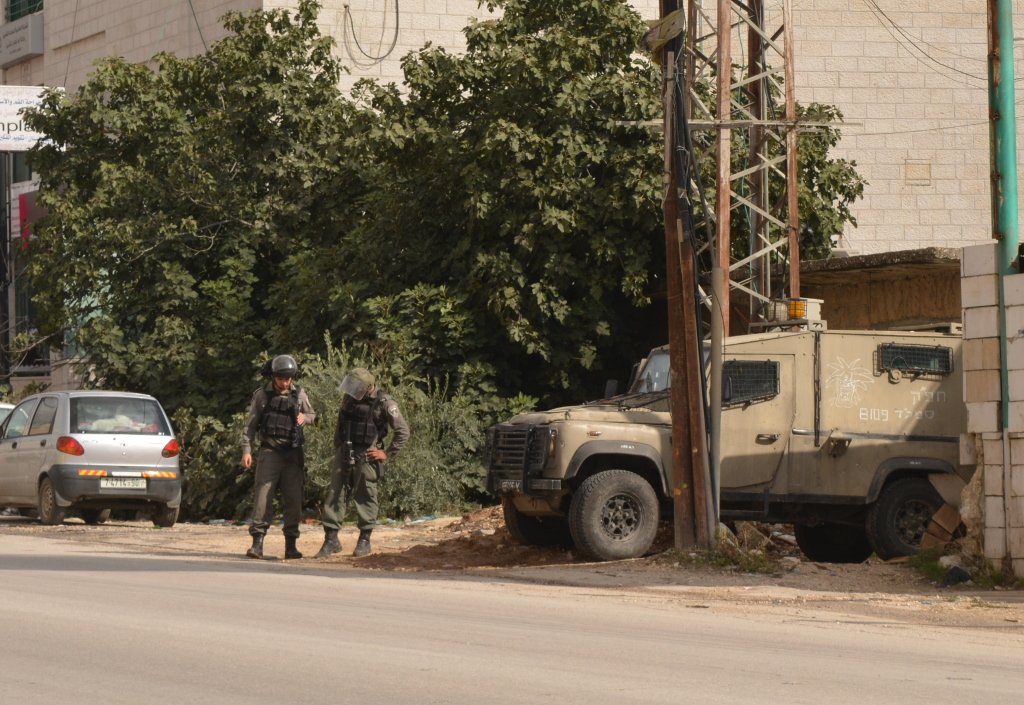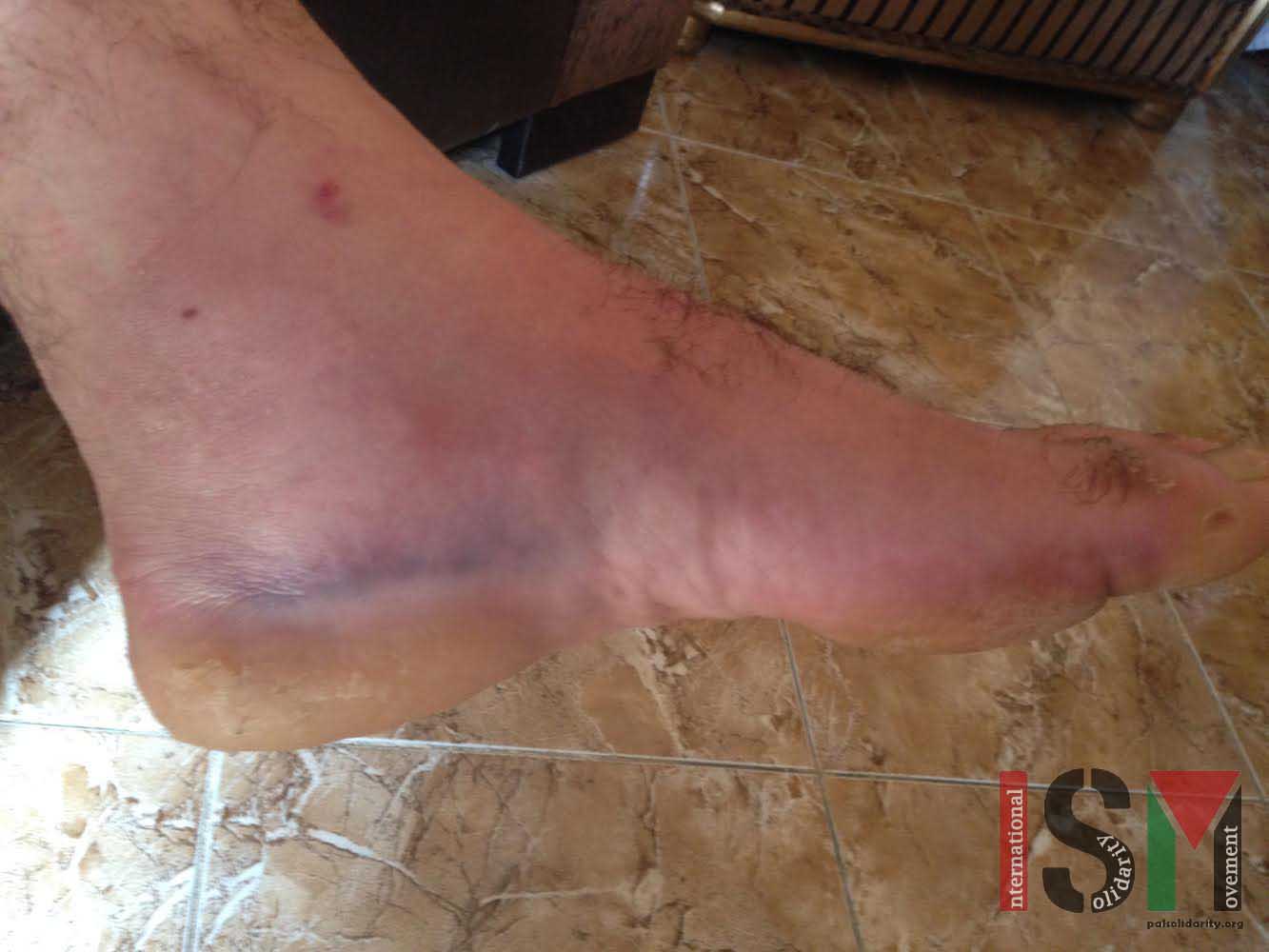Tag: Nablus
-
Military places curfew on Huwwara village, arrests two young men, and raids Palestinian homes
5th November 2014 | International Solidarity Movement, Nablus Team | Huwwara, Occupied Palestine On Friday the 31st of October, approximately 300 Israeli soldiers invaded the village of Huwwara, near Nablus. They fired tear gas canisters and stun grenades, seemingly in attempt to clear the streets of people, and declared the village to be a closed military…
-
Israeli forces demolish three houses, and several water pipes and roads in village near Nablus
4th November 2014 | International Solidarity Movement, Nablus Team | Khirbet Al-Tawil, Occupied Palestine Early on Monday morning, while the inhabitants of the village of Khirbet Al-Tawil, near Aqraba (Nablus), were sleeping, eight military vehicles, and 30-40 Israeli soldiers entered the village. Within two hours the military had demolished three houses, and several water pipes and roads. The…
-
Palestinian family attacked by settlers while harvesting olives
10th October 2014 | International Solidarity Movement, Nablus Team | Burin, Occupied Palestine Tuesday afternoon, the 7th of October, olive farmer Mahmoud Rga Mahoud Aid, his wife, and thei three children were attacked by a a group of settlers from the illegal settlement of Giv’at Ya’akov. The attack took place on the family´s land near the village of Burin, south…



